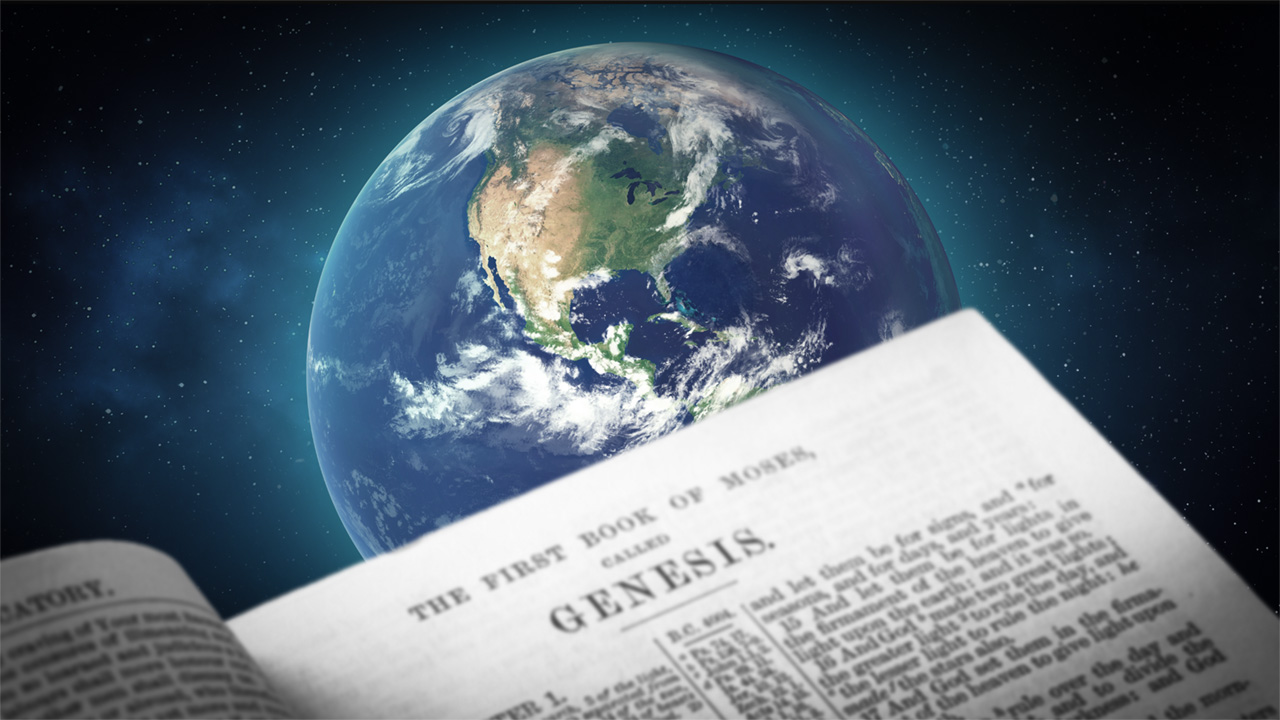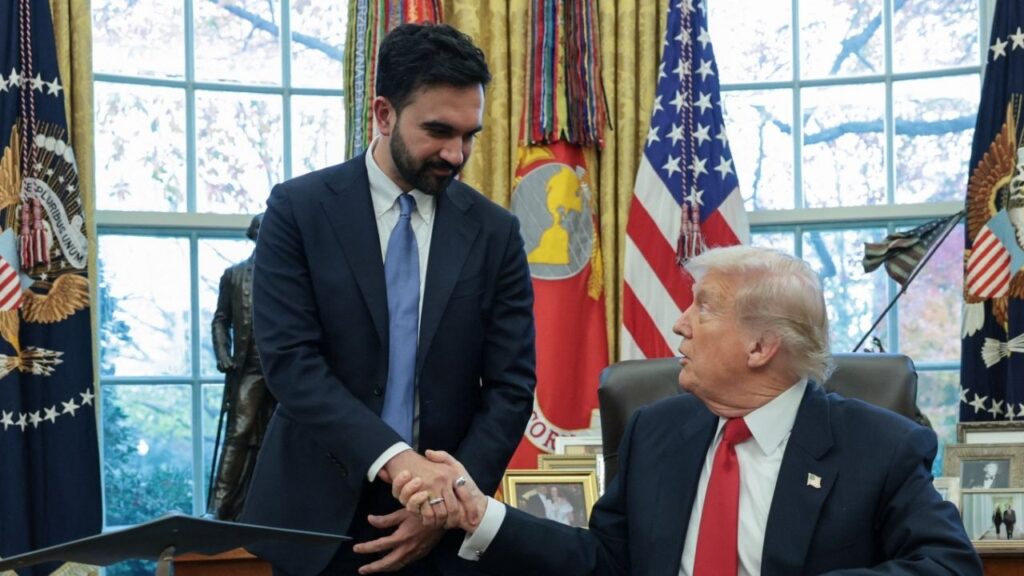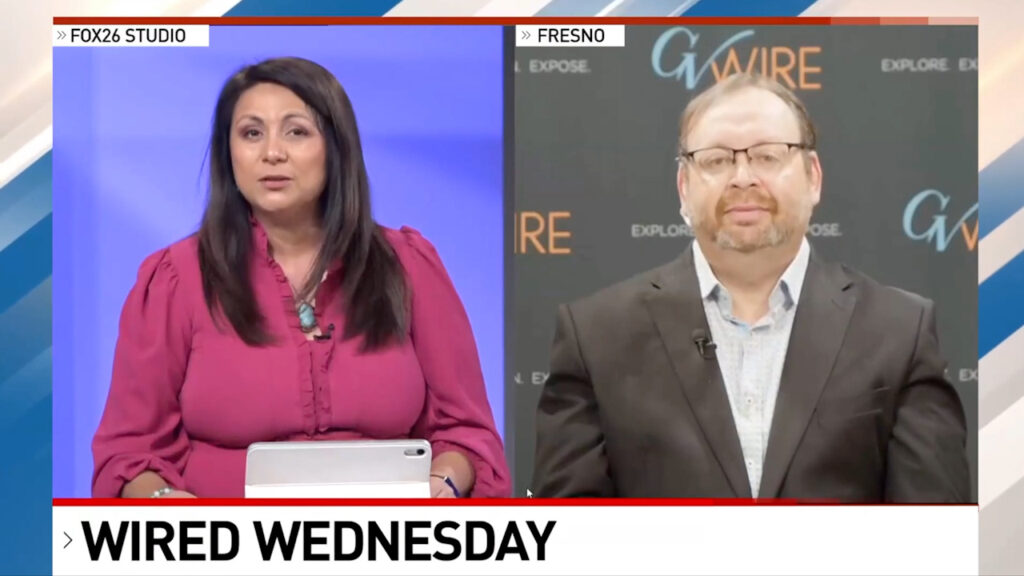A Christian advocate argues that environmental stewardship is a divine mandate and calls for action on climate change. (GV Wire Composite/David Rodriguez)

- Environmental stewardship is framed as an act of worship, interpreting Genesis in a broader context of nurturing and protecting Earth.
- Climate change disproportionately affects marginalized communities in the Global South, challenging Christians to act for justice.
- The clean energy revolution offers viable alternatives to fossil fuels, aligning with the Christian call to be stewards of creation.
Share
|
Getting your Trinity Audio player ready...
|
As Christmas approaches, I know that my Christian friends will ask me why I chose to work for the environmental nonprofit Earthday.org instead of engaging in hands-on field ministry. My answer — look at the headlines. Wildfires, rising oceans, coral bleaching, species extinction, deforestation, climate refugees — all part of climate change. For me, the question should be, “Does Jesus want me to do this work?”

Libby Bunch
Opinion
I am pretty sure he does.
Many will skim read that in 2020, climate-related disasters forced 30 million people to flee their homes, three times the number displaced by wars, and then continue to blithely scroll on their phones looking for celebrity gossip. Because it is not their problem. This sense of apathy is a tragedy for all of us, but for those of us who are Christians, our inaction is even harder to understand.
God’s Mandate for Environmental Stewardship
God’s first vocation in Genesis 1:26 is to give human beings dominion over creation and all its creatures. For too many of us in the Christian community, this means giving us authority over creation and justifying human mastery over nature. This perspective justifies exploiting the Earth’s natural resources.
This interpretation is indicative of the danger of interpreting a single line of scripture without considering the broader context of the Bible. Theologians who advocate for this contextual approach, like the Creation Care Movement, interpret Genesis 1:26 in light of Genesis 2:15 where God tells Adam and Eve “to work and to keep.”
Taken together, these commands show a divine mandate to embody a holistic commitment to nurturing and protecting the Earth and its inhabitants, not pillaging it. This perspective frames environmental stewardship as an act of worship.
Related Story: Oldest Known Stone Tablet Inscribed With the Ten Commandments Sells for Over
Love Thy Neighbor: A Call for Climate Justice
In Matthew 22:36-40, it is laid out more clearly — we are commanded to love God and to love our neighbor. Which, for Christians, should mean acknowledging the need for justice for our marginalized neighbors in the Global South who bear the burden of climate change. I got to see this firsthand during while studying in Tanzania, working with the Maasai people. Their traditional way of life — cattle herding — has been devastated by climate change. Once abundant rivers are now dry, and the animals that depend on the rivers are dying in record heat.
It forces me to ask myself how can I call myself a Christian, how can I say that I am a follower of Jesus, who preached justice and love, and sit by while these innocent people, who don’t even use fossil fuels, suffer? As Christians, we must speak up; to act, we must defend the people of the Global South. We know the solution — it’s called renewable energy.
Related Story: Border Patrol Trains More Chaplains as Job and Polarizing Immigration Debate ...
The Clean Energy Revolution: A Path Forward
Solar, wind and hydroelectric power are viable alternatives to fossil fuels that don’t contribute to greenhouse gas emissions. The clean energy revolution is already underway. California and Florida are at the forefront of the solar power boom in the United States. Texas now leads in wind energy generation, and more than 50 percent of Denmark’s electricity is from wind. Brazil has harnessed hydro-electric energy while Kenya’s geothermal power accounts for nearly half of its energy generation.
This brings me back to Earthday.org, which has chosen “Our Power, Our Planet” as next year’s Earth Day theme, focusing on the promotion of renewable energy. For me, working here is an act of honoring God’s creation and His call to protect it.
Related Story: Pope to Make Late Italian Teenager Carlo Acutis the First Millennial Saint on ...
We must not allow the fossil fuel industry to prioritize profit over the stewardship of our planet, allowing the interests of a few CEOs to hinder the transition to renewable energy, which benefits us all. Moreover, transitioning away from fossil fuels will prevent 89,000 premature deaths from respiratory and other illnesses.
As a follower of Jesus, inaction in the face of this global injustice is no longer an option. The wider Christian community must embrace the role of stewards of creation by advocating for and investing in renewable energy solutions that not only honor God’s creation but also support our global neighbors. As Christians, we must do more than pray for change — we must be the change.
About the Author
Libby Bunch is the campus outreach associate for Earthday.org. She wrote this for InsideSources.com.
Make Your Voice Heard
GV Wire encourages vigorous debate from people and organizations on local, state, and national issues. Submit your op-ed to bmcewen@gvwire.com for consideration.
RELATED TOPICS:
Categories



















